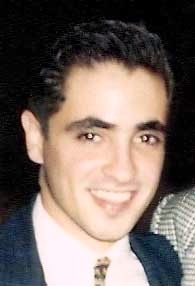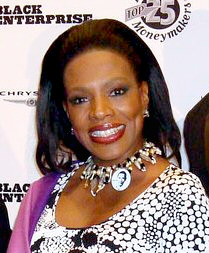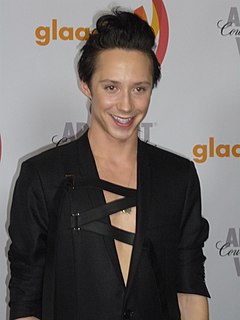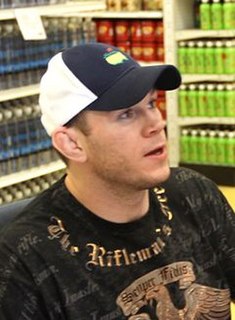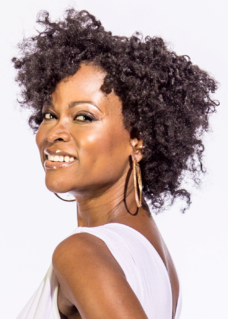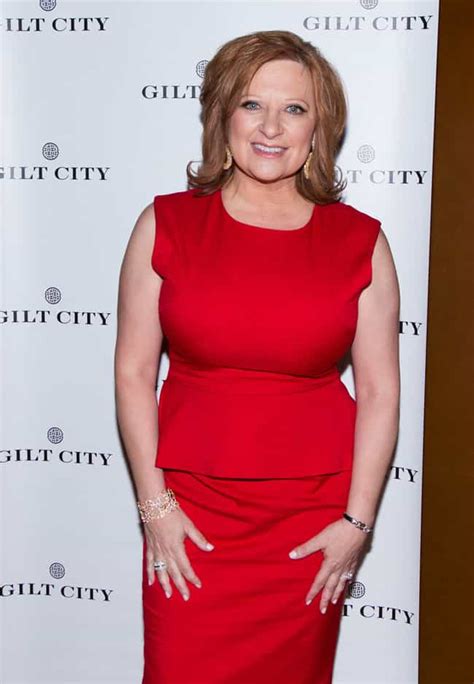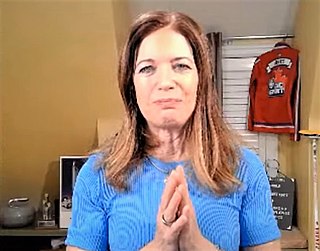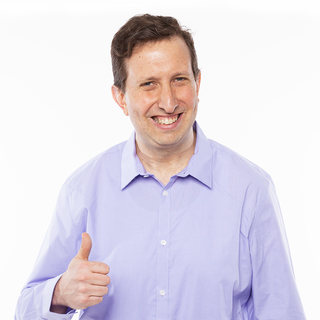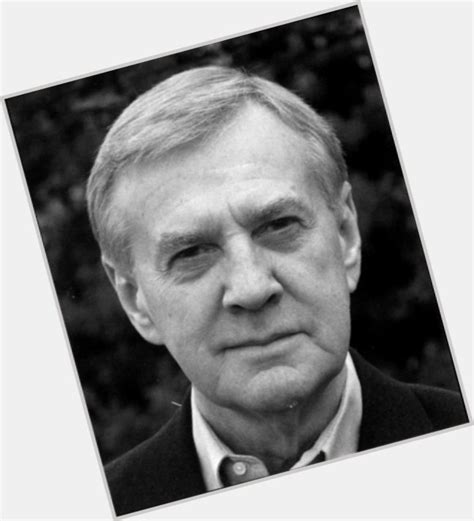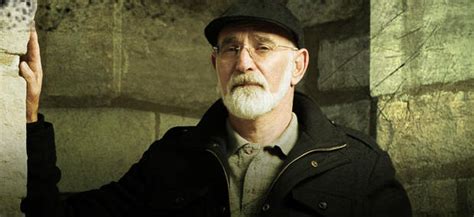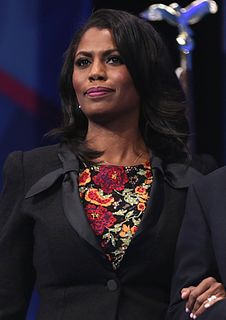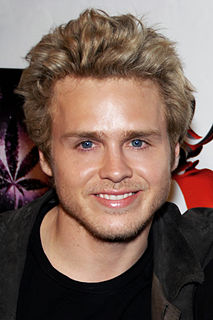A Quote by Pedro Zamora
As gay young people, we are marginalized. As young people who are HIV-positive and have AIDS, we are totally written off.
Related Quotes
If people are encouraged to come out and say they're HIV-positive and they're given their treatments, then obviously, the people who are marginalized - like intravenous drug users, prisoners, people are made to feel less-than - if they're given the support of the government, and they're given the funding, then it's going to help solve the spread of AIDS and HIV in America.
I do think the public want to see politicians acting in a different way. What's brought young people into our campaign is that they were written off by political parties but they had never written off politics, and what we have is a huge number of young people, very enthusiastic and brimming with ideas. Those ideas have got to be heard.
I've known gay people - men and women - since I was a young person. To me it's just naturalistic and realistic to portray gay characters in a humanistic light. As a young man, I knew enough gay people as people not to fear them. On the other side of the coin, I like to irritate conservatives and homophobes.
When I first came up, the whole AIDS epidemic was starting, and the gay community that I experienced from the beginning of my career was mostly - and overwhelmingly - concerned with staying alive. And, also, I felt really aware of the preciousness of life and time. The gay community and people who were HIV-positive were treated so badly, and I was very disturbed by things. But I also saw a lot of love and connection in the gay community at that time.
Honestly, I am hoping to influence young people, and Twitter's a great way to encourage them to lend their voice to the conversation. Any time you can show young people that you support gay friends and that there are gay people in the world who are lovely, happy, singing, and in love, it opens their minds.
